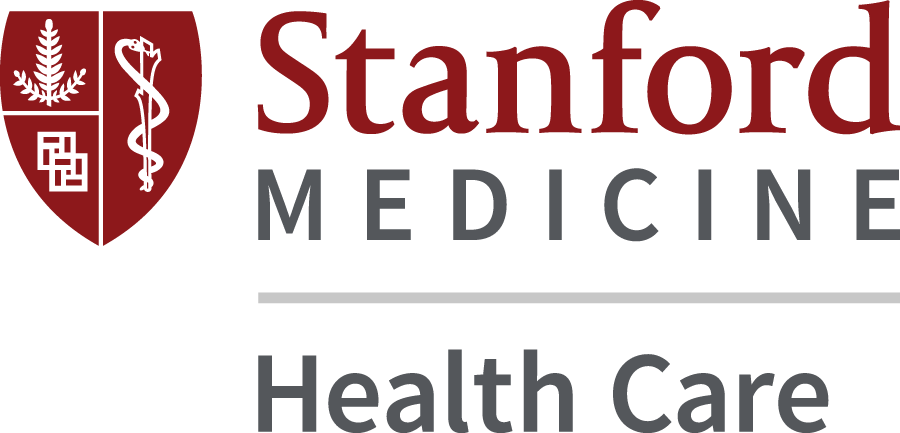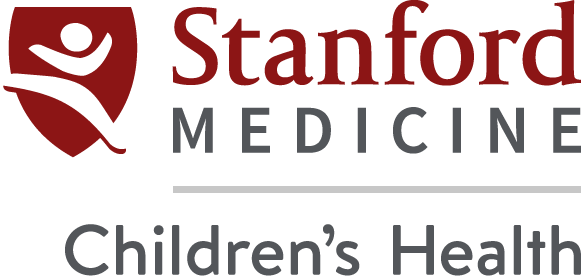Questions for Bill Haskell
Professor Emeritus in the School of Medicine
Q: What is the biggest misconception about physical activity?
A: In the past, there was really a “no pain, no gain” belief. I think most of the general public is beginning to realize that there can be substantial gain, without pain.
Q: Your work focuses on the development of physical activity guidelines for the general population. What are the guidelines?
A: The guidelines state that the first target for everyone, regardless of size or shape, is to start out slowly and to try and progress to 150 minutes of moderate to vigorous intensity activity per week. Also, remember that independent of weight loss, you are getting substantial health benefits.
Q: And, those health benefits are?
A: The primary health benefit is chronic disease prevention: less heart disease, hypertension, diabetes, stroke, colon cancer, breast cancer and osteoporosis. In the older population, major benefits also include an increased physical independence.
Q: What trends do you see in the guidelines?
A: The first recommendation is to maximize flexibility, so that people have choices for the type and duration of activity. Also, we appreciate that for that a large segment of the population, the guideline of 30 minutes of activity 5 days a week represents a substantial leap. We’re working with the idea that some activity is better than none. We’re trying to move the people who are least active into some level of activity.
Q: So, you’re talking about incremental participation?
A: Yes. While incremental participation has been inferred in prior guidelines, it has never been clearly stated. We’d like to think people will not stop at the public health target of 150 minutes a week, but instead build upon what they are currently doing. The other key point is that benefits can be drawn from a wide range of activities; you can mix and match activities throughout the week to fit your schedule. Mixing and matching activities will increase interest and enjoyment while also better fitting particular seasons, travel schedules, etc.
Q: So, we should be more inclusive in the activities we select . . .
A: . . . gardening, doing chores around the house, washing the car, that sort of thing.
Q: So, fire the maid and the gardener for better health?
A: I know, given the economy, I have mixed emotions about that. The focus is movement . . . getting people moving.
Q: What is the most important takeaway for our reader?
A: The first message is that the least active individuals are at the highest risk. The very extensive review we’ve done of the scientific literature consistently points that out. The least active, maybe 20%, have the highest risk of poor outcomes. Getting up and doing something is a lot better than doing nothing.
The second message that we have wrestled with is how to frame recommendations related to weight management. Just telling people they can control weight gain from physical exercise is probably a bit misleading; they also have to pay attention to their caloric intake.
Q: If the solution is simple, moderate movement and paying attention to our caloric intake, why don’t more of us do it?
A: The alternatives are so easy. The food industry spends literally billions of dollars trying to entice you. So, that means a lot of really good tasting food. Then, unless you are a professional athlete, the entertainment industry drives us to sit and watch. The more you move around at work for 95% of jobs, the more productive you are. However, If you sit in front of your computer for 8 hours cranking out work, you may be very productive, whereas the more times you get up and get away from your desk, the more inefficient you may become. Then, of course, there is the time spent in your car getting to work. So, our whole society is driving down physical activity for more and more of the population.
Q: Is that what you have done?
A: Yes, I am fortunate to have a very physically active family. My wife is very active and we enjoy a lot of activities together. Our physical activity has motivated our children and vice verse. Their physical activity has pulled us along.
Q: Any final thoughts?
A: It is never too late. It is never too late in terms of age. And, it is never too late in terms of, “Oh, I’ve already got heart disease” or “I’ve already got diabetes, so I’m not going to do anything.” In fact, the opposite is true. These groups have more opportunity for benefits.
Interview by Julie Croteau


